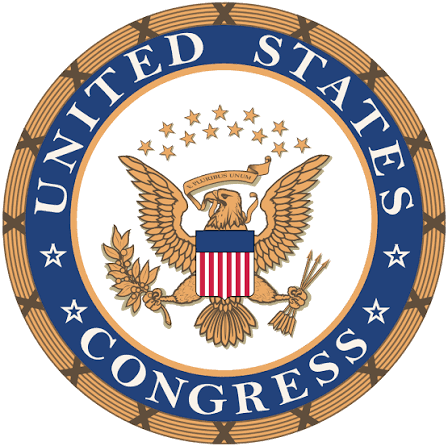By Joy Yesufu

A bill has been introduced in the United States Congress seeking visa restrictions and asset freezes on members of the Miyetti Allah Cattle Breeders Association of Nigeria (MACBAN) and Miyetti Allah Kautal Hore over alleged violations of religious freedom in Nigeria.
The proposed legislation, sponsored by Congressman Christopher Smith, aims to sanction individuals and groups “responsible for or complicit in severe violations of religious freedom” under the International Religious Freedom Act (IRFA).
According to the bill, both Miyetti Allah groups and “Fulani-Ethnic Militias” operating in parts of Benue and Plateau States have been listed among Entities of Particular Concern (EPCs), a U.S. designation reserved for non-state actors accused of grave human rights abuses.
If passed, the measure would empower U.S. authorities to impose visa bans and asset freezes on persons linked to the designated entities.
Smith commended President Donald Trump for re-designating Nigeria as a Country of Particular Concern (CPC), citing continued reports of attacks on Christian communities in the country.
“We cannot ignore the systematic persecution of Christians and other religious minorities in Nigeria. This bill sends a clear message that the United States will hold perpetrators accountable,” Smith said while presenting the bill on Tuesday.
The move comes after months of lobbying by U.S. lawmakers and evangelical advocacy groups urging Washington to act on what they describe as “widespread religious persecution” in Nigeria.
In September, Senator Ted Cruz introduced the Nigeria Religious Freedom Accountability Act of 2025 (S.2747), which also seeks to reinstate Nigeria’s CPC status and sanction government officials deemed complicit in religious violence.
The lawmakers allege that more than 52,000 Christians have been killed in Nigeria since 2009, with over 20,000 churches and Christian institutions destroyed or attacked during the same period.
The proposed law also mandates the U.S. State Department to submit annual reports to Congress on Nigeria’s human rights and religious freedom records, recommending sanctions where violations persist.
Meanwhile, Nigeria’s Federal Government has rejected the U.S. allegations, insisting that its Constitution guarantees freedom of worship and that ongoing insecurity is driven by terrorism, not religion.
Information Minister Mohammed Idris recently stated that both Christians and Muslims have suffered from extremist violence, adding that “religious persecution is not and has never been Nigeria’s policy.”
If approved, the bill could further strain Nigeria–U.S. relations, already tested by Washington’s recent decision to list the country among nations of concern over religious freedom and reports of potential U.S. military operation in the country.
